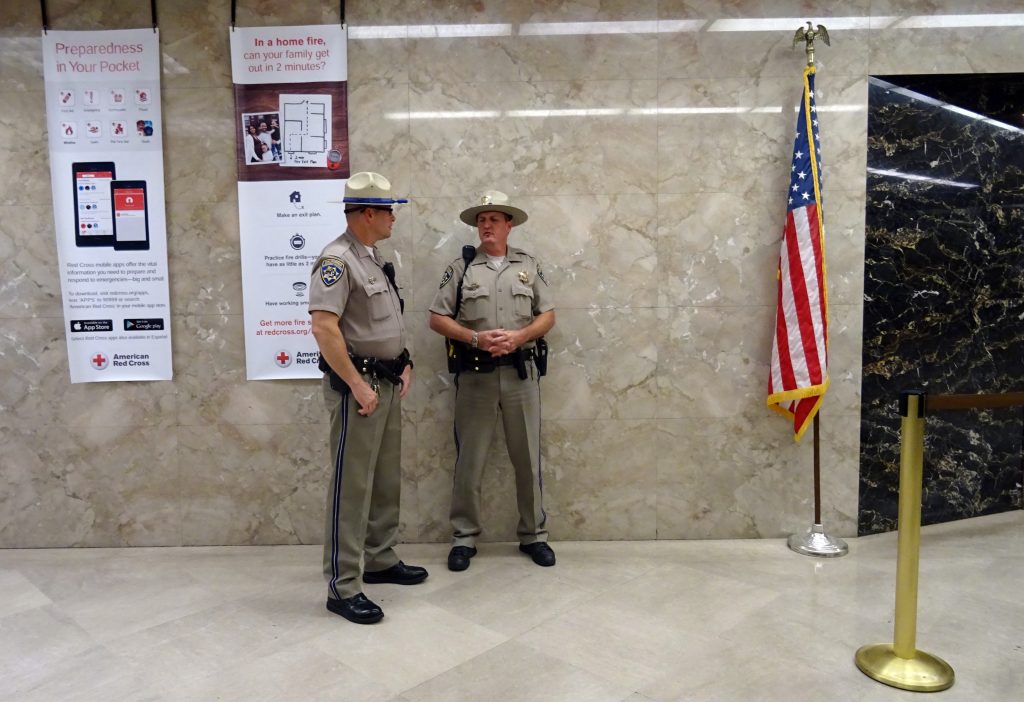 Even if your lawsuit has good facts, to prevail, the court must have subject matter jurisdiction to hear your case. Subject matter jurisdiction is the “legal power and authority of a court” to listen to a given proceeding. See La. C.C.P. art. 2. Understanding these complex jurisdictional requirements is imperative to ensure you get your day in court.
Even if your lawsuit has good facts, to prevail, the court must have subject matter jurisdiction to hear your case. Subject matter jurisdiction is the “legal power and authority of a court” to listen to a given proceeding. See La. C.C.P. art. 2. Understanding these complex jurisdictional requirements is imperative to ensure you get your day in court.
In 2007, Plaintiffs T.H. and C.B. were terminated from the Louisiana State Troopers after an investigation suggested that they had provided a third party with confidential information violating employment policies and the law. The plaintiffs appealed this termination to the State Police Commission. The Commission overturned their terminations and instead ordered that they only be suspended.
The plaintiffs then filed a lawsuit in district court to recover damages for a litany of reasons. The Defendants subsequently filed an exception for lack of subject matter jurisdiction. They claimed that La. Const. art. X, § 50 gives the State Police Commission exclusive jurisdiction over cases where the State Police terminates employees. Therefore, the district court would lack subject matter jurisdiction over the claim.
On the other hand, the plaintiffs argued that their claims involved issues of due process, malicious prosecution, intentional infliction of emotional distress, and defamation – much more than just removal by the State Police. As such, the State Police Commission could not have heard these claims because it lacks jurisdiction. Without providing any reasons, the district court overruled the defendants’ exception of lack of subject matter jurisdiction. Accordingly, the defendants applied for a writ to the Louisiana Supreme Court.
At the Louisiana Supreme Court, the critical issue was whether the district court had subject matter jurisdiction in tort claims arising from a disciplinary action presided over by the State Police Commission. To address this issue, the Louisiana Supreme Court looked to guidance involving the State Civil Service Commission’s jurisdiction. See La. Const. art. X, § 12. Here, the Louisiana Supreme Court found that the plaintiffs’ terminations from the State Police were at the heart of the damages lawsuit. Although this suggests that the State Police Commission has jurisdiction, per La. Const. art. X, § 50, the State Police Commission cannot award the type of tort damages the plaintiffs were seeking from the alleged tortious conduct of the State Police, taking its “fabricated” investigation findings to the district attorney and requesting a grand jury hearing. Therefore, the court affirmed the lower courts’ overruling of the defendant’s exception of lack of subject matter jurisdiction, holding that the district court had subject matter jurisdiction.
Every case can present unique and complicated facts that affect which courts have the authority to hear the case. An experienced attorney can help you navigate these complex jurisdictional requirements.
Additional Sources: Huval v. State
Additional Berniard Law Firm Article on Jurisdiction: Bogalusa Police’s Partial Summary Judgment Request Denied For Lack of Appellate Jurisdiction
 Louisiana Personal Injury Lawyer Blog
Louisiana Personal Injury Lawyer Blog

